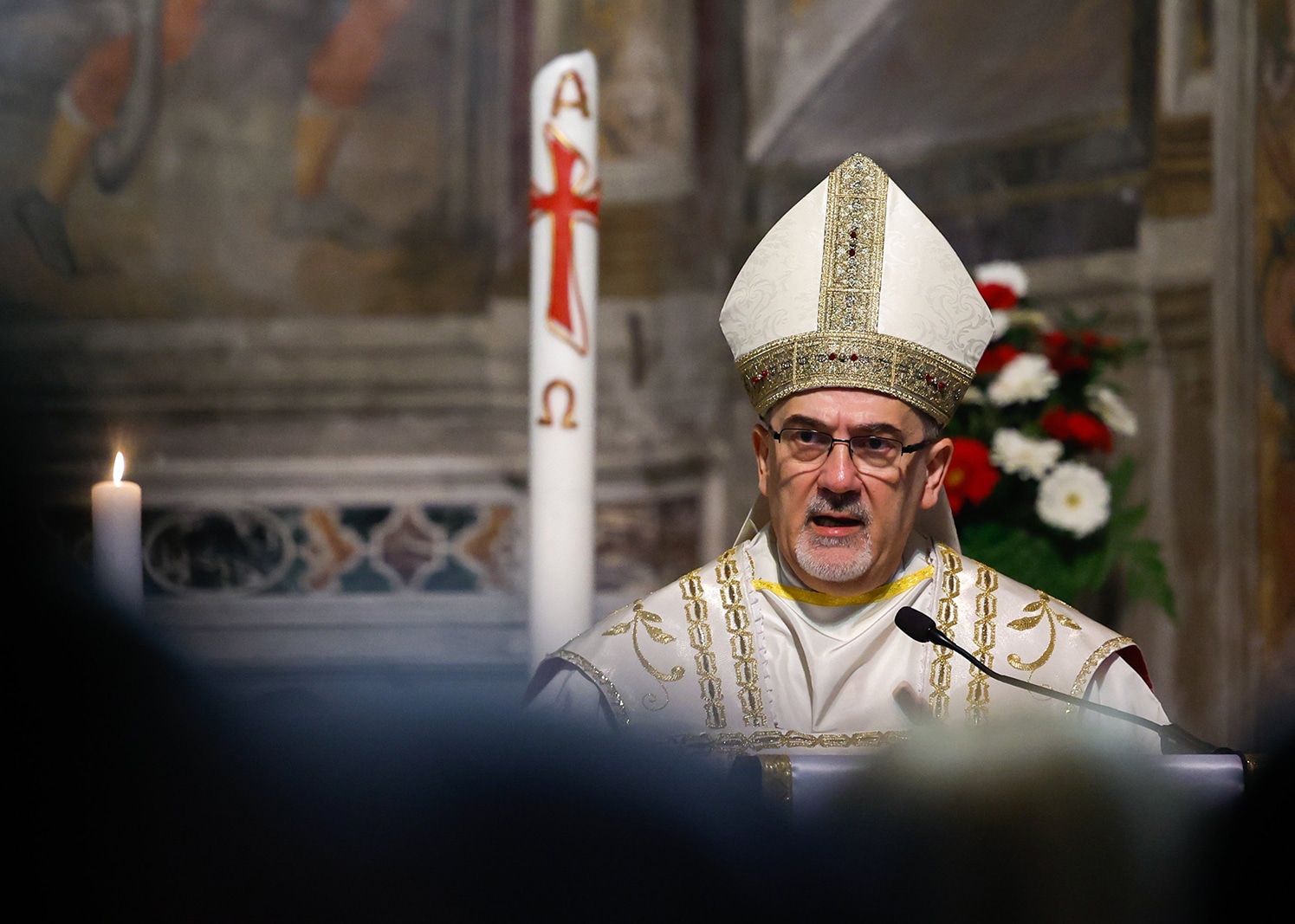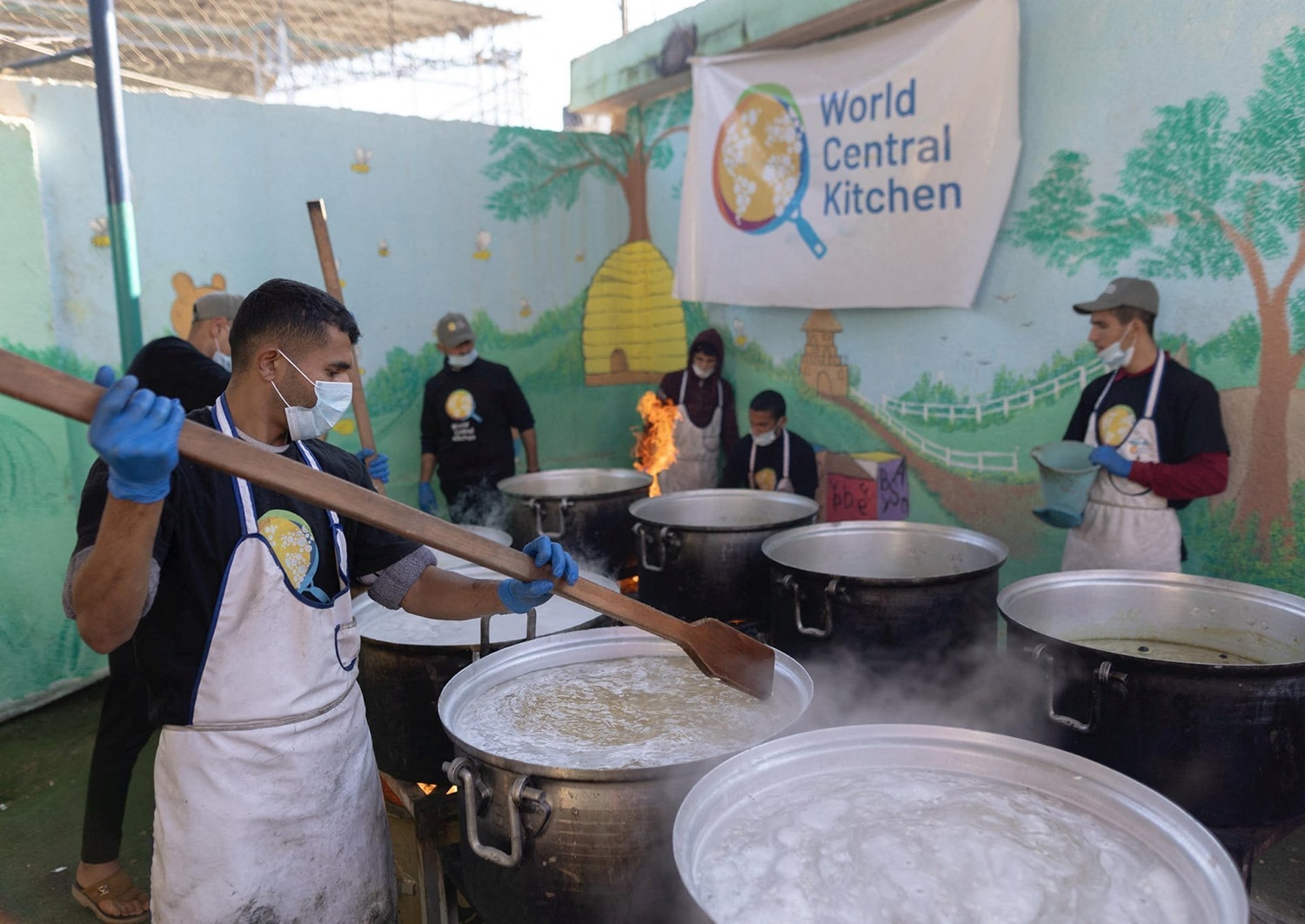CHICAGO (OSV News) — A small delegation of Chinese clergy who are registered with their government’s Chinese Catholic Patriotic Association came to a conference in Chicago Aug. 2-4 to give insights into the life of the Church in their country.
The talks presented by both registered and unregistered clergy and religious underscored a deep concern for catechizing the youth, the need to support clergy and religious, and to keep the Faith growing in a Communist country that has no official diplomatic ties with the Holy See.
Chinese clergy share insights at Chicago conference
The terms underground and above-ground were often used at the conference hosted by the Berkeley-based US-China Catholic Association. They refer to clergy, religious and religious entities that are officially registered or not with the Chinese Catholic Patriotic Association.
For Father Heping Wang whether registered or unregistered, there is “one church.”
“Exactly everything is the same,” he told OSV News.
A registered priest and professor of moral theology at the National Catholic Seminary of China and St. Michael’s Seminary, both in Beijing, Father Wang gave an overview of the faithful in China. He said believers in his country receive their faith mostly from their Catholic families.
Older Catholics, he said, pray devotions often and frequently attend Mass and confession. Also, they obey Church regulations, and set an example for youth. But they are generally not interested in theology.
Challenges and opportunities for youth and theology
By contrast, Father Wang said, the young are active in their faith, very interested in theology and the Church’s teachings and are the hope of the Church in China. He emphasized that the primacy of a well-formed conscience would guide, teach and challenge pastoral ministers while also respecting their “free moral choice.”
He added that the Church in China “attempts to use Chinese philosophy, customs and culture to explain the meaning of the word of God and of theology.”
Later, Father Wang explained to OSV News, “I was educated here in the States and I learned something and, when I became a teacher, I taught what I learned from here. But in terms of the enculturation, we need to use Chinese culture, or Chinese expressions to explain what the Church says. That is a big challenge for us because when you talk about theology … it is universal. It is the same for anywhere. We use the same theology … but localized … (given in a) different expression.”
According to conference participants, education of the faithful is continuous, with regular Bible study and ongoing catechism so they can better teach the Faith. These practices have taken place in an increasingly more restrictive environment.
Impact of the Vatican-China agreement
In 2018, the Vatican and the government of China signed an agreement outlining procedures for ensuring Catholic bishops are elected by the Catholic community in China and approved by the pope before their ordinations and installations. Tighter controls on religious practice in the Communist country took effect that year. Youth under 18 have since been barred from going to church.
Two years later, the rules were broadened to govern finances and significant moves of religious organizations. Efforts have been underway for the government to “sinicize” religion by mingling state ideology with religious teachings.
Government crackdown and religious freedom
In the past decade, China’s government has cracked down on those at unregistered churches and underground Church meetings, with fines, imprisonment and destruction of church structures. The crackdown also reaches Tibetan Buddhists and Uighur Muslims, of whom more than a million are detained in so-called reeducation camps.
There are 10 million-12 million Catholics in China and recent studies have shown no growth or even a decline, but it is not clear whether the trends indicate a reluctance of Catholics to identify themselves.
Although met with such challenges, Church life and a persistence to keep growing the Faith has continued undeterred, under the guidance of both registered and unregistered clergy and religious.
Resilience and community among Chinese Catholics
Jesuit Father Augustine Tsang of the Fu Jen Faculty Theology of St. Robert Bellarmine in Taipei, Taiwan, painted a picture of a strong sense of community and enthusiasm for the faith in his presentation. He surveyed dozens of clergy, religious and lay Catholics who also described challenges.
He said clergy and religious struggled with the temptations of the world and some seminarians had waning interest in theological studies. However, Father Tsang noted that “many priests and consecrated people still care deeply about the Church, and are eager to make sacrifices for her despite the great difficulties.”
Seminaries started including a “spiritual year of study” for spiritual growth and forming community. Parish priests established their own moral support groups to gather together and share meals. Father Tsang said many mainland clergy and women religious earn advanced degrees overseas and return to teach in seminaries and parishes.
Although youth are officially excluded from Mass, they are seen in large city churches. Parents enroll them in catechism and Scriptures studies and get them involved in various ministries. Youth are trained to be leaders and teach the faith to peers.
Hope and perseverance in faith
Father Tsang said the agreement between the Vatican and China has not made life any easier for the faithful. Until diplomatic ties are restored between the two, he said, the faithful will continue the work of formation and evangelization while keeping their faith.
Still he said, “Proofs show that the problems of the Church in China cannot be solved by means other than faith.”
“Although it is difficult to see the sun, the faithful firmly believe in the ultimate guarantee of hope. Christ is risen. He has decisively conquered the power of sin and death. If God is for us, who can be against? Indeed, our hope is in Christ the Lord,” he said.







